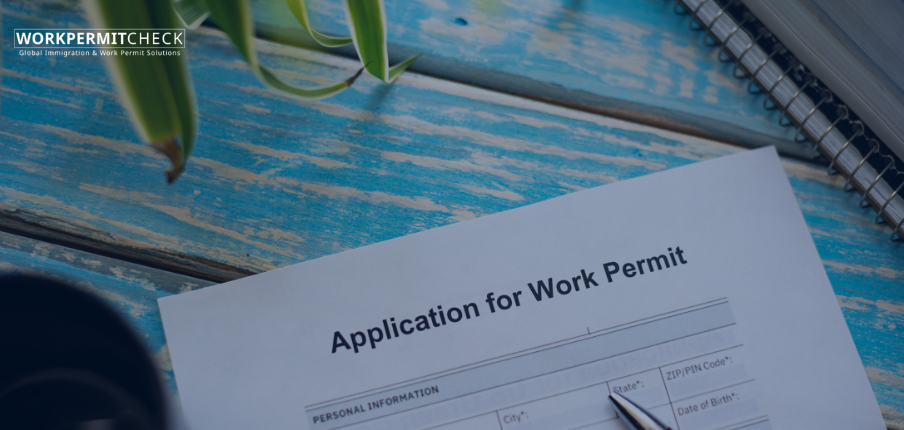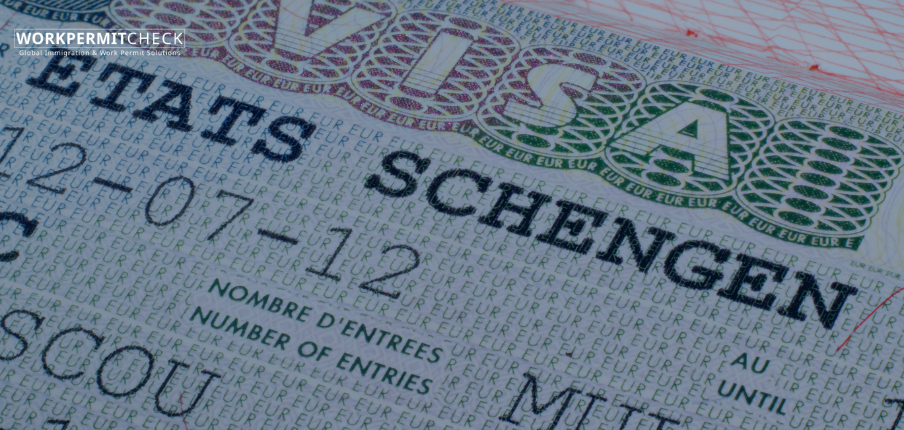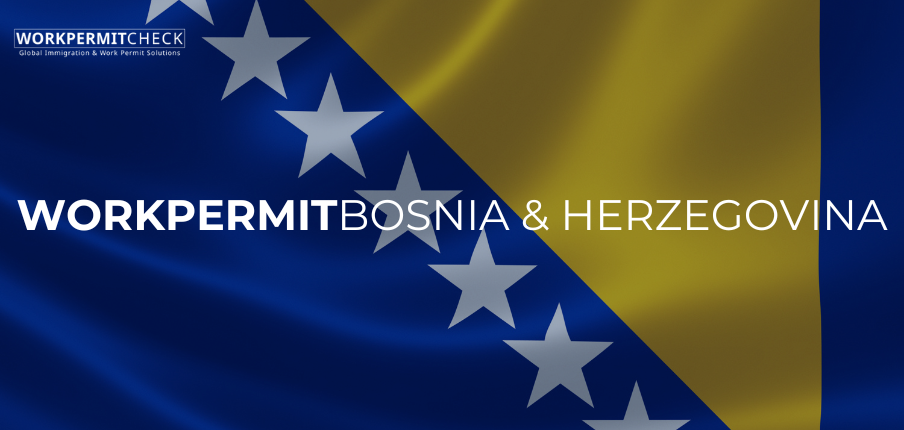Iceland’s immigration system mainly focuses on employees working for Icelandic employers, but there are limited options for self-employed individuals who wish to live and work in the country. Unlike some European countries that offer clear freelance or self-employment visas, Iceland’s rules are narrower and often more complex for independent professionals.
Does Iceland Have a Self-Employment Visa?
No specific self-employment visa exists in Iceland for general freelancers, digital nomads, or entrepreneurs. The Icelandic Directorate of Immigration generally expects foreign nationals to have an Icelandic employer who sponsors a work permit.
However, there are a few exceptions and alternative routes that might be relevant, depending on your situation and the type of self-employment.
Possible Options for Self-Employed Individuals
1. Temporary Work Permit for Athletes, Artists, or Specialized Professionals
Icelandic law does allow certain categories of self-employed or independent professionals — mainly artists, musicians, athletes, or experts invited for a specific project — to apply for a temporary work permit. This is usually granted under strict conditions:
-
The work must be temporary in nature.
-
The applicant must demonstrate unique skills that are not readily available in Iceland.
-
There must usually be an Icelandic host organization or sponsor involved, such as a cultural institution, event organizer, or sports club.
2. Start a Registered Business
Some foreign nationals choose to establish a company in Iceland. While starting a company is possible, holding an ownership stake alone does not automatically grant you the right to live and work in the country.
If you plan to manage your company in Iceland, you generally need to:
-
Obtain a residence permit for work that is connected to your role in the company.
-
Prove that your presence in Iceland is necessary for the operation.
-
Show that the business adds economic value and does not compete unfairly with the local labor market.
This route often requires significant legal and financial documentation and may be more suitable for larger investments or startups rather than individual freelancers.
3. Residence Permits for Family Members or Other Grounds
Some self-employed people live in Iceland under other residence permits — for example, as a family member of an EU/EEA citizen, as a student, or under a residence permit for special ties. In some cases, they engage in remote freelance work or run a business abroad while residing in Iceland legally under a different permit. However, these permits generally do not allow unrestricted local self-employment.
What About Digital Nomads?
Unlike some countries that offer dedicated digital nomad visas, Iceland does not have a permanent visa option designed for remote workers. There was a Long-Term Remote Work visa pilot, introduced during the pandemic, which allowed certain remote workers from outside the EU/EEA to stay for up to six months. However, this was intended for short stays only and did not grant the right to local self-employment.
Additional Requirements
Self-employed individuals or entrepreneurs must still:
-
Register their business with the Icelandic Company Register if applicable.
-
Comply with Iceland’s tax regulations.
-
Have valid health insurance.
-
Show proof of sufficient income to support themselves while living in Iceland.
Conclusion
Iceland does not offer a straightforward self-employment or freelance visa. Independent professionals can only apply under limited categories, such as temporary permits for artists, performers, or highly specialized experts invited for specific projects.
If you wish to run your own business in Iceland, you generally need to demonstrate that your activities benefit the Icelandic economy and comply with strict immigration and labor market rules. For many freelancers, it may be more practical to explore residency options in other EEA countries with clearer freelance or digital nomad permits.
Disclaimer:
This blogpost is for general informational purposes only and does not constitute legal advice. Immigration policies may change, and each case can vary. Always check the latest requirements on the Directorate of Immigration’s official website or consult a qualified immigration lawyer for personalized guidance.


































































































